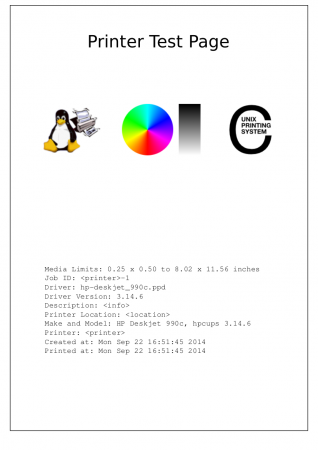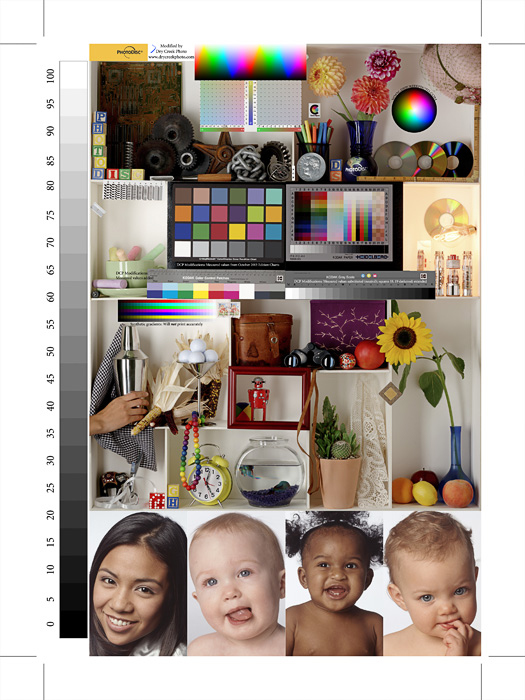

Generally, inkjet printers have different printheads and different nozzles for black and each color, or at least one for black and one for colors. Sometimes, the ink nozzles get dirty or clogged with dried ink, and in those areas, no ink is displayed on the page. Inkjet printers work by using tiny nozzles to spray microscopic drops of ink onto the page.

Clogged printhead nozzles or low ink levels are the most common cause for blank or light bands.If you are seeing black or colored lines of ink or smudges on the printed page, keep an eye out for our future article about fixing ink smudges or lines on printed pages or call us for tips. This topic discusses blank streaks specifically. Usually, these are easy-to-fix problems and you can get back to printing in no time. If there are parts of the text missing on the Test Page or the print quality is poor then head cleaning may be required.Ink streaks and faded bands, white streaks, missing colors, and blank lines are some of the most common issues seen with inkjet printers. An example of a successful Test Page is below.ġ0. Load a sheet of plain A4 paper into the sheet feeder / paper cassette of the printer.ĩ. A new window will open, click on the Utility tab.ħ. Install the driver for your version of macOS.Ħ. Note: If an Epson printer is not present, the printer is not installed. Click the Apple menu and select System Preferences.ģ.The name of your Epson printer should be present in the printer list.

Make sure there are no red or amber lights on the printer's LEDs or error messages on the LCD panel.įollow the instructions below to print a test page:ġ.Check the connection from the printer to the computer.

The test page is sent directly from the printer driver and this enables you to determine if the problem is related to a communication issue or a problem with the application that is being used. Using the Test Page function is a good way to test the communication between the printer and computer.


 0 kommentar(er)
0 kommentar(er)
